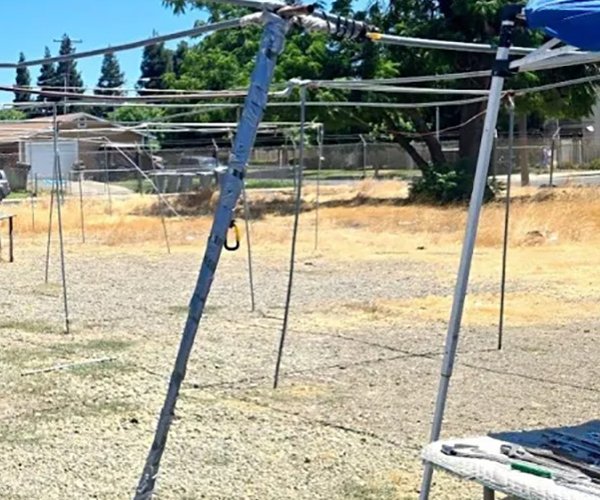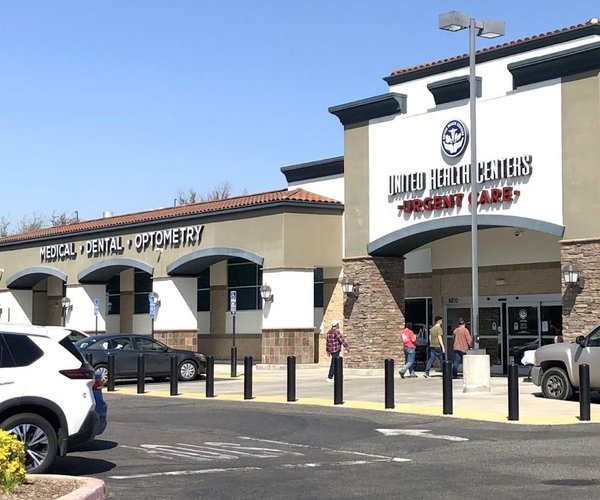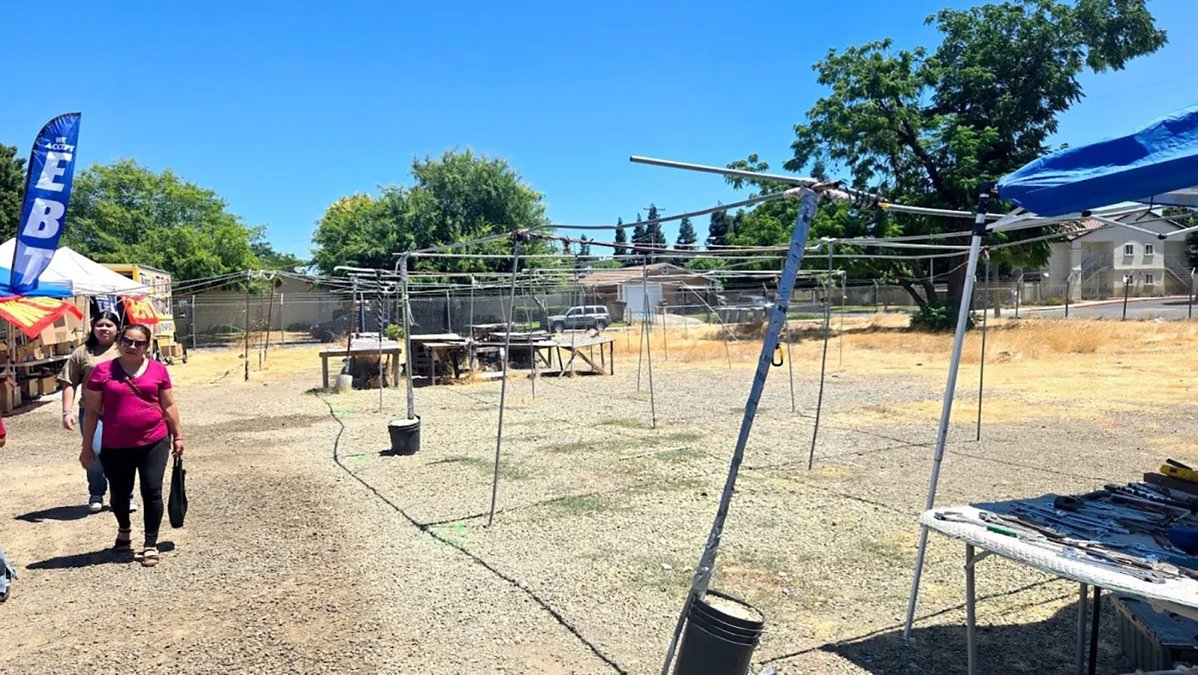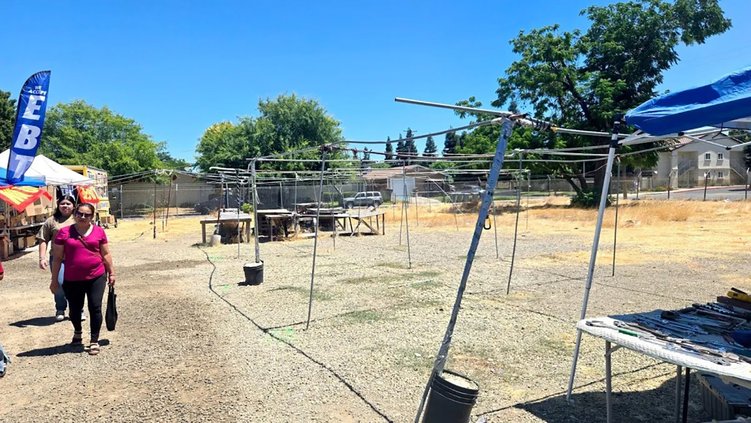California has launched a new online tool to track counties’ progress on a series of sweeping mental health policy reforms, providing a window into how Central Valley counties compare to the rest of the state.
New accountability tool shows Valley counties’ progress on major mental health reforms









